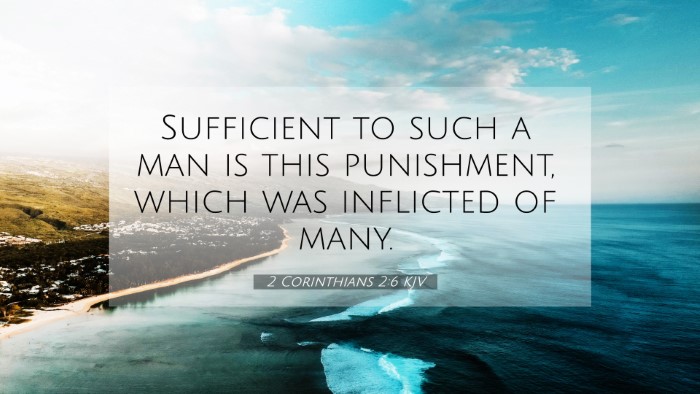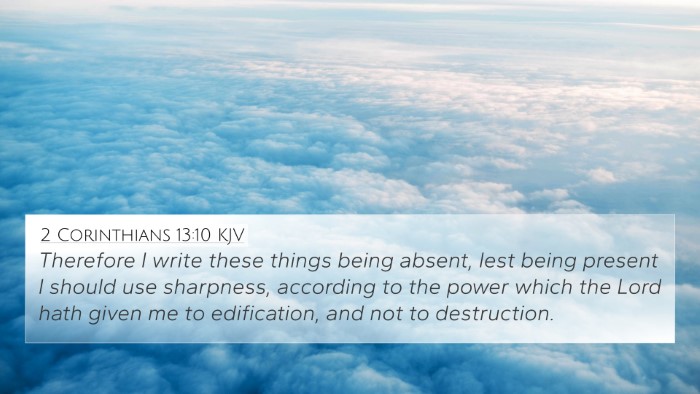Old Testament
Genesis Exodus Leviticus Numbers Deuteronomy Joshua Judges Ruth 1 Samuel 2 Samuel 1 Kings 2 Kings 1 Chronicles 2 Chronicles Ezra Nehemiah Esther Job Psalms Proverbs Ecclesiastes Song of Solomon Isaiah Jeremiah Lamentations Ezekiel Daniel Hosea Joel Amos Obadiah Jonah Micah Nahum Habakkuk Zephaniah Haggai Zechariah MalachiVerse
2 Corinthians 2:1 2 Corinthians 2:2 2 Corinthians 2:3 2 Corinthians 2:4 2 Corinthians 2:5 2 Corinthians 2:6 2 Corinthians 2:7 2 Corinthians 2:8 2 Corinthians 2:9 2 Corinthians 2:10 2 Corinthians 2:11 2 Corinthians 2:12 2 Corinthians 2:13 2 Corinthians 2:14 2 Corinthians 2:15 2 Corinthians 2:16 2 Corinthians 2:17





